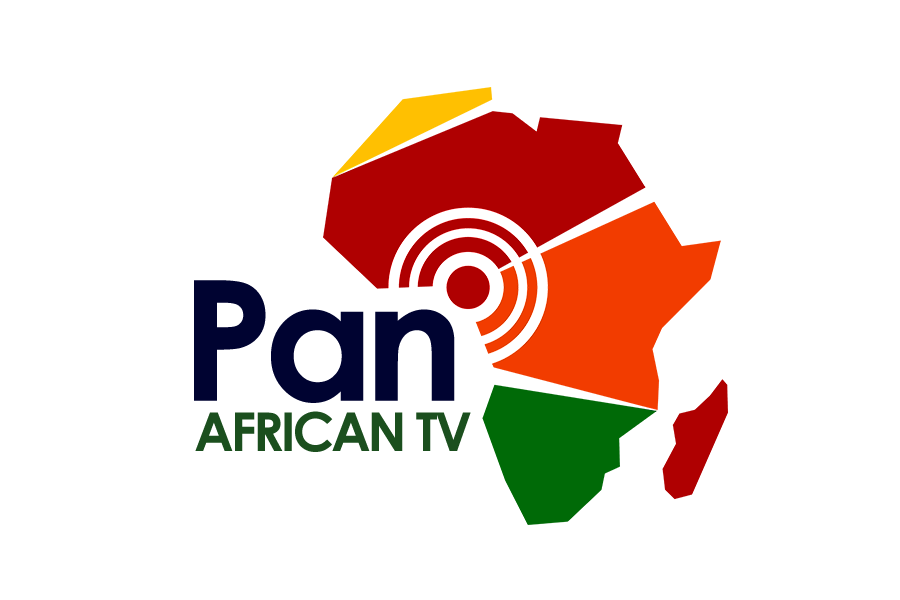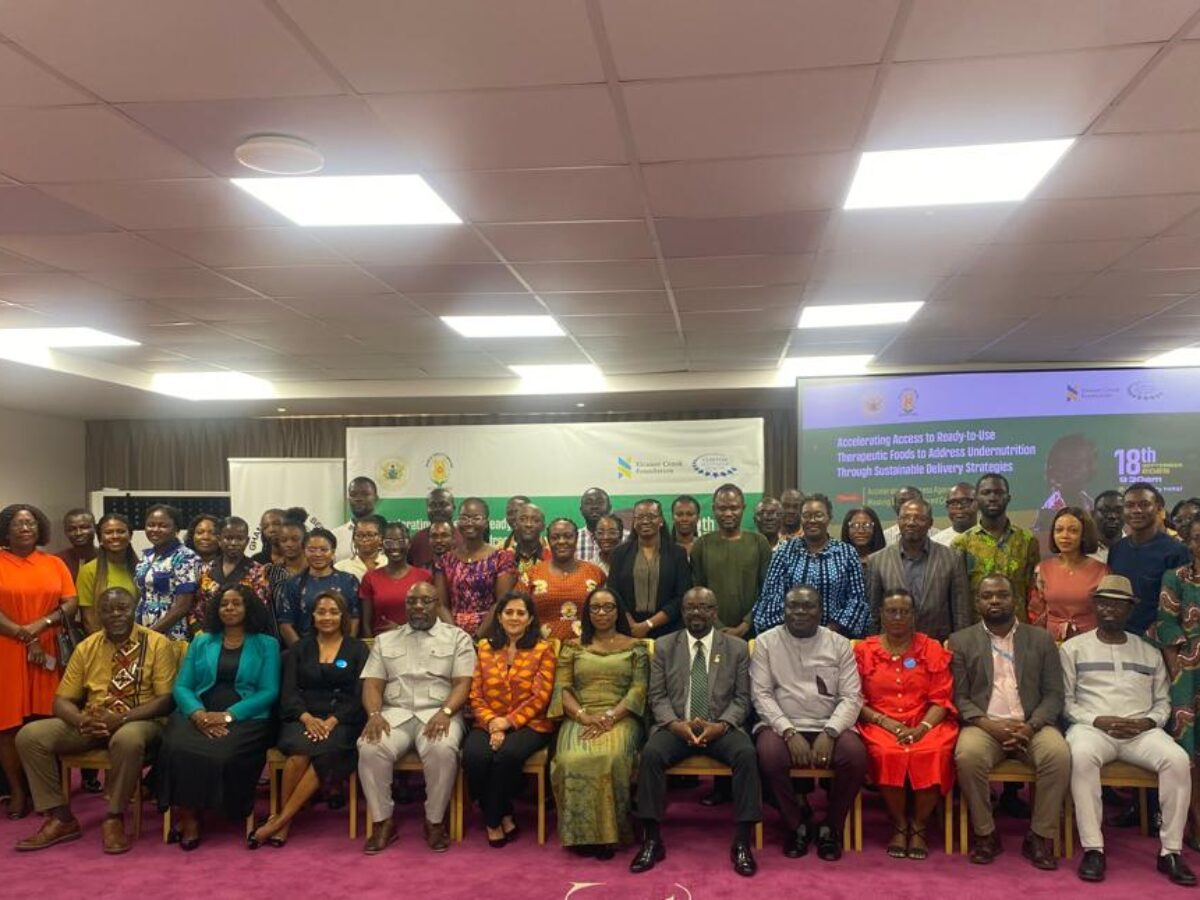Ghana has unveiled a landmark US$2.15 million national initiative to combat severe child malnutrition, setting an ambitious target of reaching 90 per cent of affected children across the country.
The programme, led by the Ghana Health Service (GHS) in partnership with the Eleanor Crook Foundation (ECF) and the Clinton Health Access Initiative (CHAI), was officially launched in Accra and hailed as a game-changing commitment to children’s health.
The new project aims to integrate Ready-to-Use Therapeutic Food (RUTF) a nutrient-rich, shelf-stable paste considered the global gold standard for treating severe wasting into Ghana’s health system. Until now, access to RUTF has been largely dependent on inconsistent donor supply, leaving thousands untreated.
Describing the move as a “transformative step,” the Director-General of the GHS said:
“For too long, treatment for malnutrition has depended on short-term support. Today, Ghana is demonstrating its resolve to build a lasting, government-led system that ensures no child is left behind.”
The initiative builds on a first phase (January 2024 – June 2025), which revised national guidelines for community-based management of acute malnutrition and added RUTF to Ghana’s Essential Medicines List. More than 80 master trainers were also prepared to train frontline health workers nationwide.
During this phase, Ghana procured 13,000 cartons of RUTF at 30 per cent lower cost, proving that strategic procurement could expand coverage. Essential diagnostic tools, including weighing scales, height boards, and MUAC tapes were distributed nationwide.
The second phase (July 2025 – December 2026) seeks to embed malnutrition treatment permanently within the health system. Key measures include:
• Integrating RUTF into the National Health Insurance Scheme (NHIS)
• Strengthening national and regional procurement systems
• Expanding training for health workers in line with updated WHO protocols
Dr. Yashodhara Rana of the Eleanor Crook Foundation described the move as a turning point:
“For too long, life-saving treatment for malnourished children has depended on donors and short-term fixes. Now Ghana has pledged to finance and scale wasting treatment through its own health system, and that’s the real game changer.”
CHAI praised Ghana’s leadership and pledged ongoing technical support to ensure smooth implementation and possible scale-up across the region.
Undernutrition remains one of Ghana’s most pressing public health threats. According to the 2022 Demographic and Health Survey, six per cent of children under five are wasted, with 1.2 per cent severely wasted. Each year, more than 61,000 Ghanaian children suffer from severe wasting, yet fewer than one in six receive treatment. Without timely care, children face increased risks of infection, stunted growth, and even death.
The initiative reflects Ghana’s commitment under the Nutrition for Growth agenda, which urges countries to expand cost-effective nutrition interventions. Experts believe it could save thousands of lives and reduce health inequities, particularly in high-burden regions such as Northern, Ashanti, Volta, and Upper West.
As phase two advances, optimism is growing that Ghana’s bold model could inspire similar government-led efforts across sub-Saharan Africa, bringing renewed hope to families and a stronger start to children’s lives.


